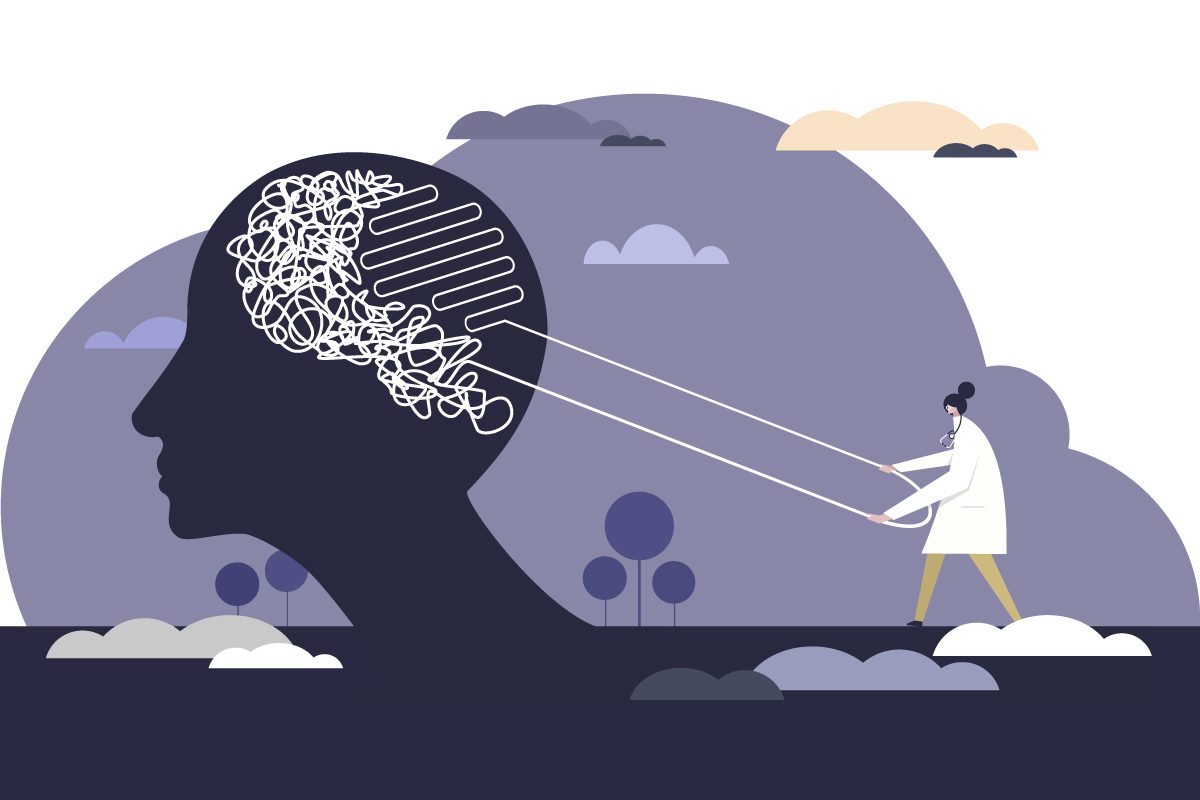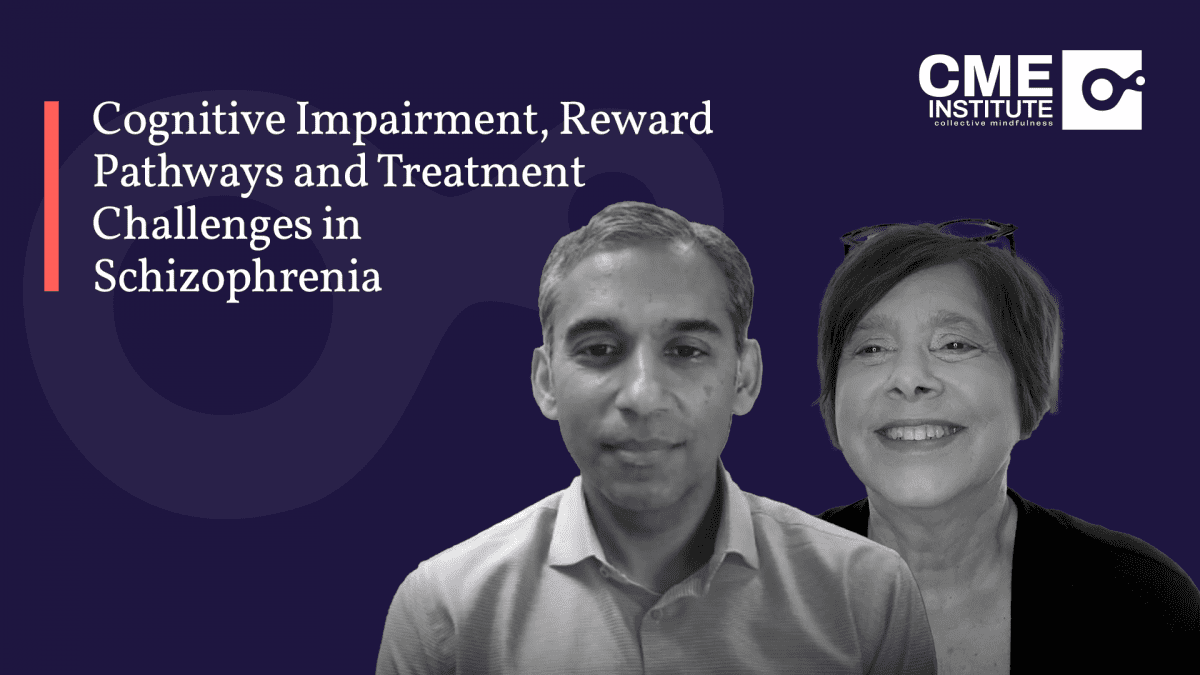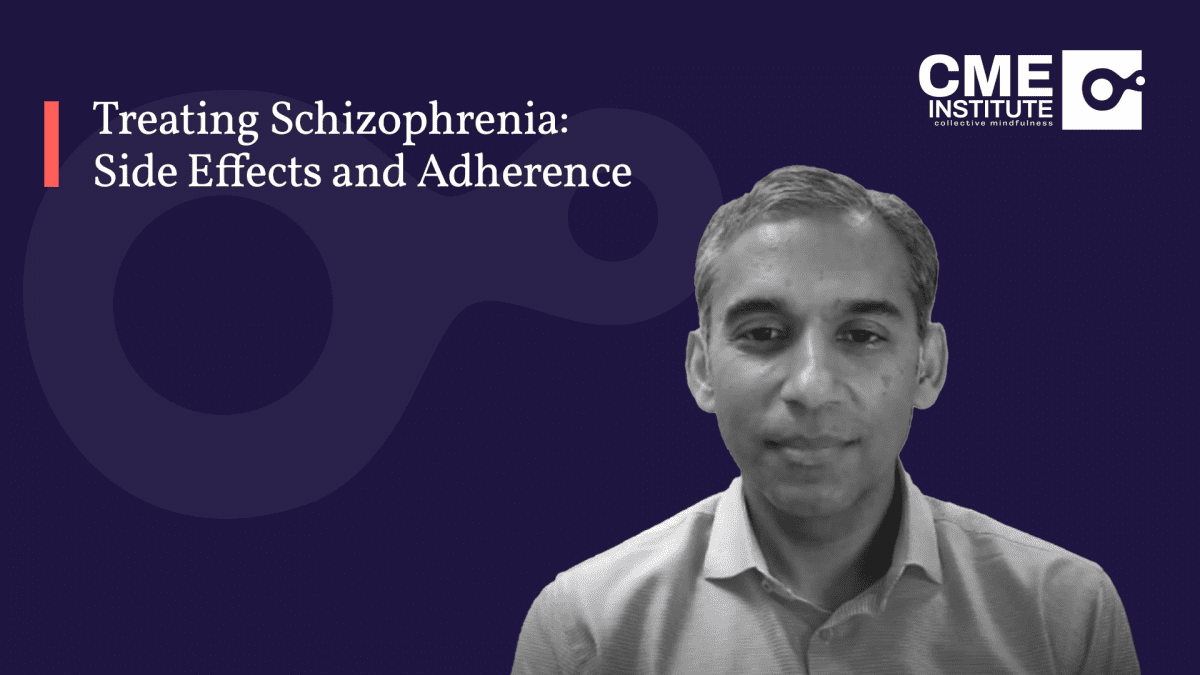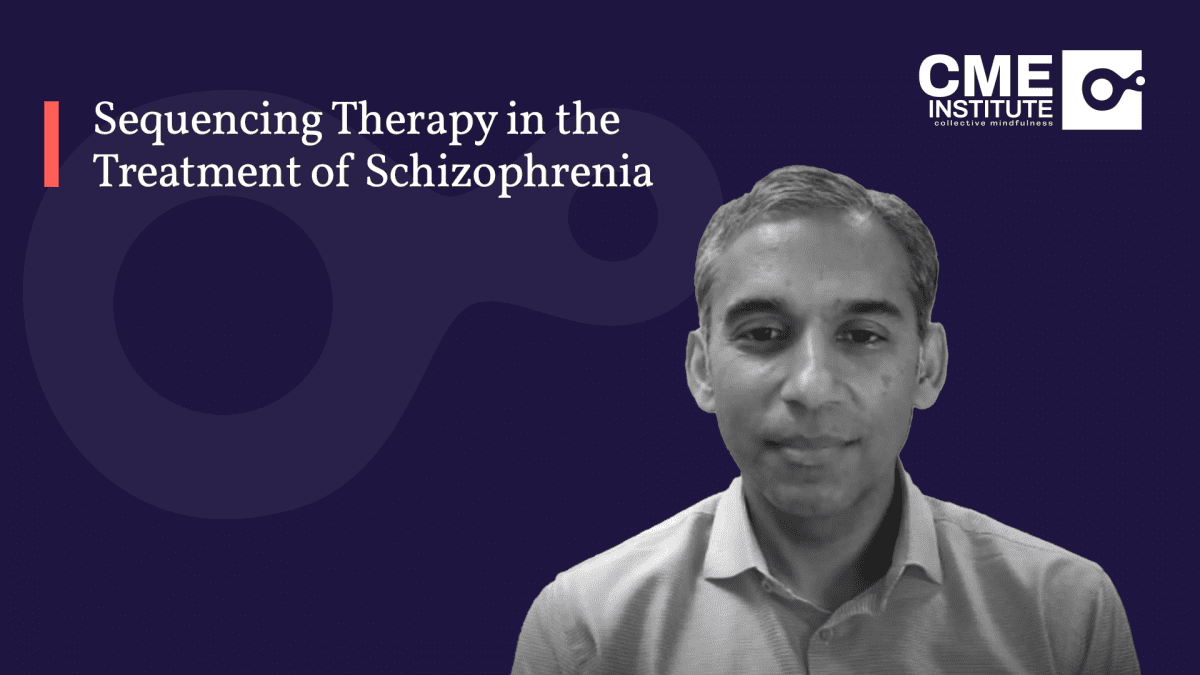https://youtu.be/RnqCE2wfLhU
Although there are now multiple medications available to treat schizophrenia, many gaps still exist as a barrier to treatment success resulting in lower quality of life for this patient population. Shared decision-making and collaborating with patients and caregivers can help address some of these gaps, however this model is complex and takes time.
Presented by the CME Institute of Physicians Postgraduate Press, Inc. and supported by educational grants from Alkermes, Inc. and Sunovion Pharmaceuticals, Inc.
YOU MAY ALSO BE INTERESTED IN THESE CME INSTITUTE ACTIVITIES









